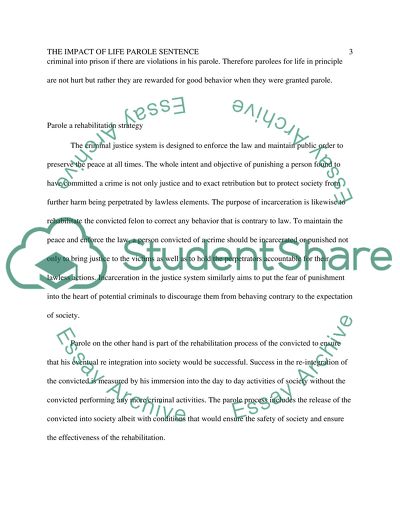Cite this document
(“The impact of life parole sentences: Abuse or discipline Does it help Research Paper”, n.d.)
Retrieved from https://studentshare.org/law/1396423-the-impact-of-life-parole-sentences-abuse-or
Retrieved from https://studentshare.org/law/1396423-the-impact-of-life-parole-sentences-abuse-or
(The Impact of Life Parole Sentences: Abuse or Discipline Does It Help Research Paper)
https://studentshare.org/law/1396423-the-impact-of-life-parole-sentences-abuse-or.
https://studentshare.org/law/1396423-the-impact-of-life-parole-sentences-abuse-or.
“The Impact of Life Parole Sentences: Abuse or Discipline Does It Help Research Paper”, n.d. https://studentshare.org/law/1396423-the-impact-of-life-parole-sentences-abuse-or.


